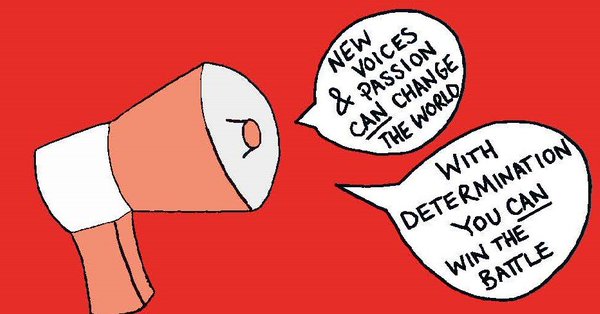For the past 18 months, the Sheila Mckechnie Foundation (SMK) has been asking: what can we learn about how social change is happening today that can strengthen civil society’s future efforts? The answer was launched last week and I was delighted both to join SMK’s discussion panel and to see Grapevine featured in the report.
Click here to read our article on the report and follow this link to read the Social Change Project report itself, plus a quick summary of its key findings.
Here are a couple of thoughts from me as the leader of a place based charity on what hit home as I read this important report:

UK civil society is often – even mainly – associated with charity and charity is often – even mainly – associated in the public mind with relief of suffering. We are not in the business of relieving suffering. We’re working with the strengths of people and communities to help them bring about change that will improve their lives and futures.
We reject the label of service provider too – that label is given to us by commissioners – it’s their typology. I remember at one particularly low point being introduced as a ‘delivery agent’! Pizza anyone? Language of this kind should not be allowed to shape how we see ourselves. We are a charity that aids people and communities find a voice, to organise, to advocate for shared interests, to hold to account and to bring about change. I think many charities would say the same.
It’s not a new point but it bears repeating by the report – many civil society organisations like ours when we contract with government are working to commercial models and cultures that don’t allow us to work in the ways we need to and which distort our value. That’s well known and talked about but it isn’t changing – yet except among some of the major grant makers and Trusts. Grist to SMK’s mill if they can help us bring that shift to the public sector too.
The report says that civil society is putting too much on influencing formal power. I agree. We don’t spend time in the corridors of Westminster but we do spent time in the corridors of local authorities – and sometimes tread a fine line between co-production and co-option which can leave us passive and powerless. Increasingly, we’ve decided to step away and create more human and personal ways of coming together with a local authority in spaces that weren’t theirs, with agendas they hadn’t set and a much more varied group of people who were there because they wanted to be. See our Walk and Talk clip.
Finally what excited me most was SMK’s inclusive ecosystem of change makers, from activists to movements, from individual campaigners to charities large and small. But as they note in spite of our common cause there’s a striking lack of identity across all social change makers and few opportunities to build one.
My hope for what’s next for SMK is that they can help us build that shared identity.
